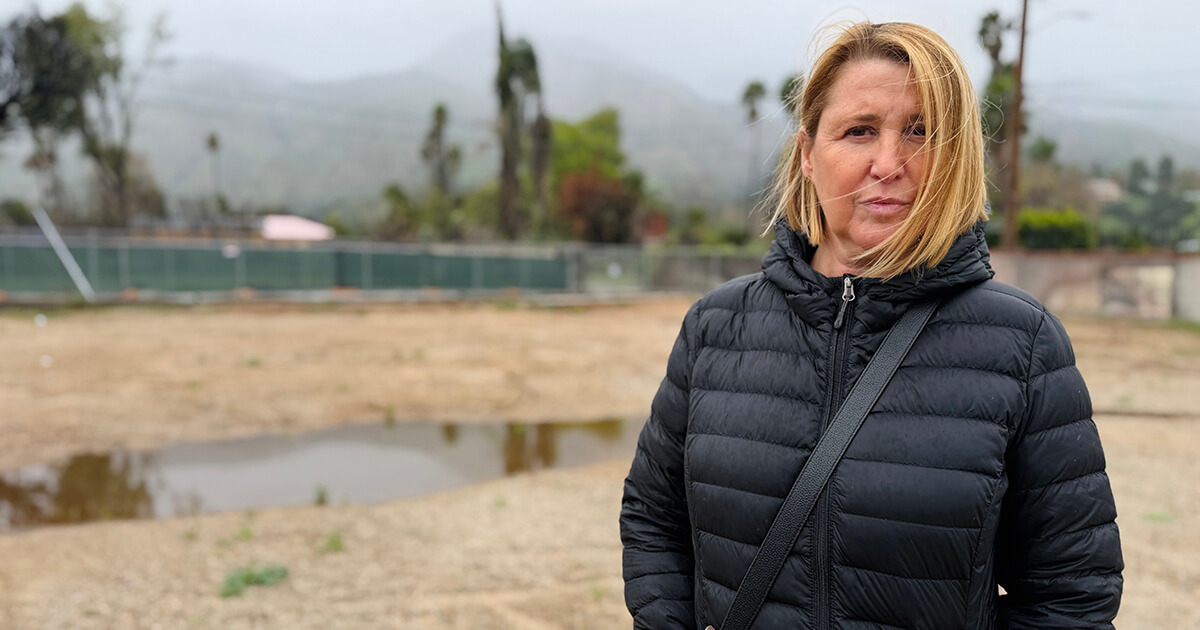America Cannot Afford To Let The United Nations Fail
Despite the negative spotlight that the oil-for-food scandal has cast on the United Nations, we must not forget that an effective U.N. is in America’s interest. We must not forget, for it is only with bold and persevering American leadership that the world body will be able to emerge from this latest turmoil and become as effective as possible.
The increase in both number and complexity of security, development and social challenges around the world demand a renewed commitment to international cooperation. Consequently, Americans cannot afford for the U.N. to fail, and the rest of the world cannot afford for Americans to stand by and watch it stumble. Despite some public suggestions to the contrary in recent years, Americans continue to appreciate and support the importance of their country’s participation in the 60-year-old world body.
Furthermore, contrary to what a number of prominent policymakers have been arguing, the U.N. Secretariat, its programs and its agencies are open to change. I saw as much with my own eyes at a conference I recently hosted at Columbia University’s Center for International Conflict Resolution. The keynote address was given by Secretary General Kofi Annan, who called for major shifts in U.N. policies on terrorism, peacebuilding, human rights and its own institutional management.
The challenge before us now, then, is to help the world body’s 191 member-states work together toward achieving real reform. At the annual opening of the General Assembly in September, the secretary general convened a summit to build consensus for a series of U.N. reforms. While it led to a doubling of aid to Africa and to commitments from some donor states to set schedules for increasing overall contributions to impoverished countries, the summit did not produce the hoped-for commitments to U.N. institutional change.
Lack of action, however, should not be interpreted as a final failure.
It is important to remember that the U.N., much like the United States, was established in such a way as to make reform difficult. Only when broad consensus exists can major changes occur, and the United States has a special role to play in building that consensus.
Reaching agreement on difficult issues concerning the U.N. is possible, even among people and organizations with divergent views. One need only look at the work of the congressionally mandated Task Force on the United Nations that I co-chaired up through this summer with former Republican Speaker of the House Newt Gingrich.
Drawing on the collected views of experts and institutions representing the left, center and right of the American political spectrum, our task force submitted to Congress a 145-page report that included 16 pages of specific recommendations in five thematic areas: preventing and ending conflicts and building stable societies; preventing and responding to genocide and gross human rights violations; preventing catastrophic terrorism and the proliferation of weapons of mass destruction; ensuring the effectiveness, integrity, transparency and accountability of the U.N. system, and fostering economic development and reducing poverty.
The ability of a diverse group of Americans to reach agreements in so many significant areas regarding the U.N. should be noted and celebrated. To me, the task force’s success signaled that the U.N. need not be a divisive political issue in the United States, and that Americans do see value in international cooperation.
The task force also demonstrated that Americans can still provide leadership at the U.N. One of the strongest recommendations in the task force report stated that the “United States government should affirm that every sovereign government has a responsibility to protect its citizens and those within its jurisdiction from genocide, mass killing and massive and sustained human rights violations.” This responsibility was affirmed several months after our final report, by participants in the reform summit at this year’s General Assembly.
To be sure, this is cause for celebration, but we should not stop there. Next, the United States should provide leadership in the establishment of a Human Rights Council, in order to replace the deeply-flawed Human Rights Commission.
Reforming the United Nations will not come easily or quickly. But with strong American leadership and constructive engagement, it will come — and we all will be better for it.















